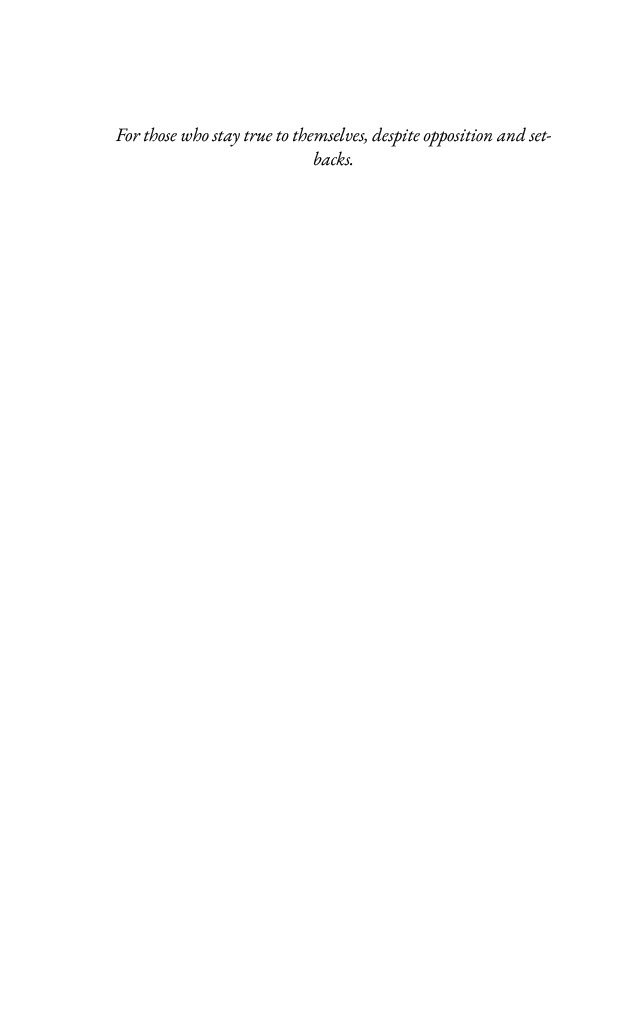Of Worldviews That Clash
Why write horror as a Christian author?
What could be a commonality between the two?
The truth—as I see it—is the world has been surrounded by darkness ever since the fall of man in the Garden of Eden.
Many people feel that the story is a fairy tale, something to tell children at night before bed. It all seems quite fantastic, but when you realize the divine realm and the physical realm were one at that time, it’s more scientific than anything else. The serpent wasn’t a serpent at all. The Hebrew word “nachash” doesn’t mean snake as a primary meaning. We must remember that Hebrew is a language with far fewer expressions and even letters than the English language.
The serpent was an evil, angelic being, a shining one. The Hebrew word would best be translated as “shining enchanter” rather than a snake. So, this being was an angel, not a mere snake. Notice it says, “above all beasts of the field,” not that it was a beast of the field.
But the point I’m making here is the original evil started with Satan. The Adversary of man. It is because of his work in this universe that we see all the corruption and decay.
Horrible things happen in this world, left and right. I don’t like watching the news, because while it helps us keep up with the world at large, it is often full of negativity and a stark reality that isn’t always something to be desired.
The world has its beauty, but it also has those things we’d rather didn’t exist, too.
The reason I write horror is to instill a kind of hope.
Monsters exist in these novels, evil often triumphs, at least for a time.
But the point is to show that monsters can be quelled.
Evil is a reality we can’t run away from.
Humanity is capable of sinful acts as much as righteous acts.
I take it a step further, placing supernatural beings in our world in a fictitious sense.
While my worldview does have angelic and demonic forces at play, it isn’t always so easy to understand the spiritual battle raging in another dimension, as well as this one.
Fictional works make it easier to visualize such a battle. My current horror projects aren’t overtly Christian in tone, though I suppose Numinous, being a sequel to Auminous, offers that genre in a sense. The rest of the series, Criminous and Luminous, also focus on the darker aspect, rather than only the side of the upright. That was the point of Auminous, to display the darkness in a fun way, and to show depravity when power is in the hands of people who want for nothing in the world and use it as a playground for their machinations.
One book I had fun with is Lowella, a horror novel about a popular subculture that shows the many sides of this lifestyle, mixed with a supernatural element and Taino mythology. I will release it at the end of October, along with Numinous.
Horror for me isn’t so much about the nightmarish aspects as it is the revealing of the light inside all of us as humans. It’s when humans are faced with such demons that the light can truly outshine the darkness.
We all have that inner light inside of us.
We all have that darkness within as well.
Fiction lets us frame those concepts into something with a beginning, middle, and end, encapsulating the notions of death and misery in a succinct form.
To truly study the human condition, to truly master our darkness, we must realize it’s there to confront.
I don’t believe in PG fiction as a Christian. But I’m a Christian who is writing novels, not writing Christian novels to force my views on someone. If someone finds value in my work, I’m happy to know that.
That’s why I write horror, despite my belief system. It’s one avenue that needs to be explored even further.
Here’s a sample of Lowella’s first chapter (unedited) to show a bit of what I mean without giving anything away.
















